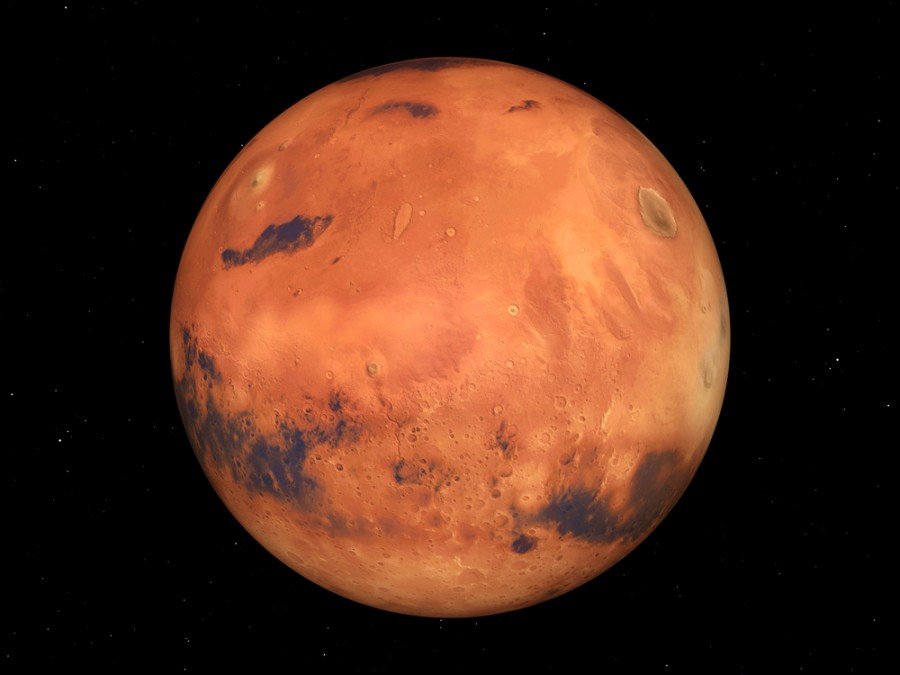Mars Exploration
December 13, 2014
This past Monday NASA released new and riveting evidence about Mars being able to support Life. For the past two months the Curiosity Rover has been studying rocks on the edge of Mount Sharp. This mountain is located in the Gale Crater. Scientists discovered a few months ago that all the rock formations around Mount Sharp slanted south towards it. They hypothesized the rock formations formed due to a river that used to follow over it. This river formed the slanted rocks by picking up sediment and carry it downwards into a lake. Therefore they theorize that Mount Sharp was once a lake. The Curiosity Rover found evidence that helps support the scientists’ Hypothesis. Curiosity discovered a type of rock that is formed by
compressed sediments at a bottom of a lake.
Now scientists believe that Mars had a climate that may be able to create long lasting lakes all over Mars. A Curiosity deputy project scientist, Ashwin Vasavada, said “If our hypothesis for Mount Sharp holds up, it challenges the notion that warm and wet conditions were transient, local, or only underground on Mars, a more radical explanation is that Mars’ ancient, thicker atmosphere raised temperatures above freezing globally, but so far we don’t know how the atmosphere did that.” Once scientist find out how they will learn a great amount about the Earth’s own atmosphere, its future, and the possibility of Mars being habitable.
The research of this planet is motivated by a human mission to Mars in 2030. Recently, NASA launched the test spaceship Orion into Earth’s lower atmosphere. After a few hours Orion landed safely and was met by cheers. The launching of the new Orion was the first since the original Orion flew 42 years ago. Bill Gerstenmaier who is NASA’s associate administrator for Human Exploration claims “We as a species are meant to press humanity further into the solar system and this is a first step. What a tremendous team effort”. For further research about NASA’s ongoing investigation on Mars go to the link below.
http://mars.nasa.gov/

































